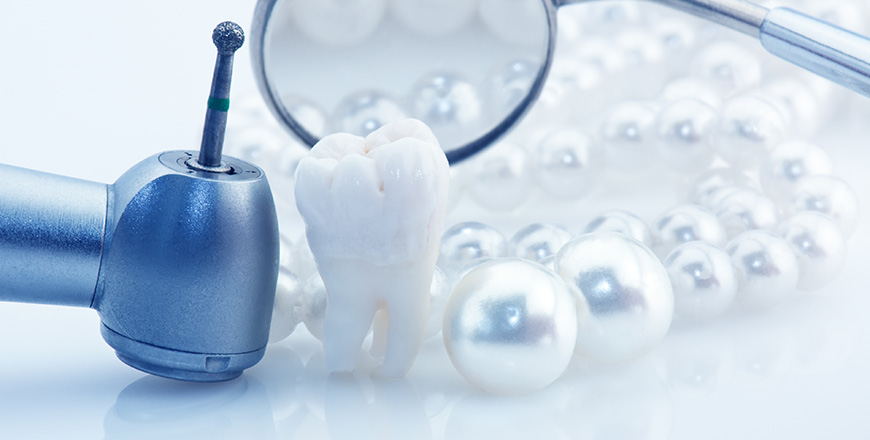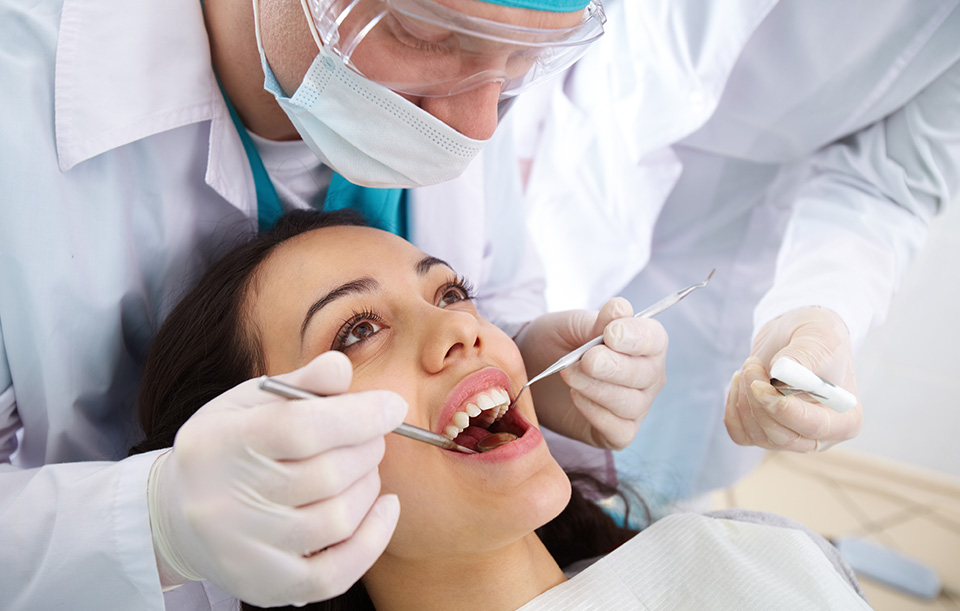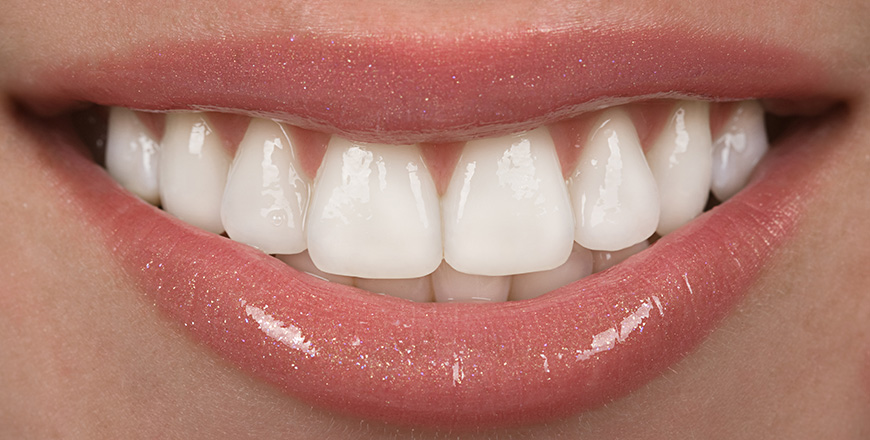-
Choose your category:
Children care

Nitrous oxide is a safe and effective sedative agent that is mixed with oxygen and inhaled through a small mask that fits over your nose to help you relax. Nitrous oxide, sometimes called “laughing gas,” is one option your dentist may offer to help make you more comfortable during certain procedures. It is not intended to put you to sleep. You will be able to hear and respond to any requests or directions the dentist may have. Your dentist will ask you to breathe normally through your nose, and within a few short minutes you should start to feel the effects of the nitrous oxide. You may feel light-headed or a tingling in your arms and legs. Some people say their arms and legs feel heavy. Ultimately, you should feel calm and comfortable. The effects of nitrous oxide wear off soon after the mask is removed. Talk to your dentist about whether nitrous oxide would be a good option for you.
Prostetic and Implant

Sometimes a tooth becomes so severely damaged due to decay, cracked teeth or trauma that the area is too large to restore with a traditional filling. Such cases may call for a dental crown. One option to replacing missing teeth when teeth exist on either side of the space is a bridge. Both crowns and bridges fit completely over the affected teeth. To prepare for a crown or bridge, the tooth is prepared by being trimmed down (reduced) to accommodate the crown or bridge. The crown or bridge restores the size, shape and look of your tooth, and more importantly restores function. Learn more about crowns and bridges below.
General Dentistry

There are many things that can cause a toothache, and it's best to make an appointment with your dentist so your situation can be properly diagnosed. Below are some of the more common causes of a toothache: tooth decay (a cavity due to a lack of oral hygiene) wich can require a root canal therapy, a fractured tooth, a damaged tooth filling, an abcsessed tooth, and gum infection. Dr Obeid can offer the cavity filling that best suits the patient's preference, including amalgam or silver fillings, composite fillings, gold fillings.
Oral Surgery

It’s possible to have gum disease and not even know it. That’s why it’s so important to visit your dentist regularly. Your dentist will inspect your gums to make sure they are healthy, andwill give your teeth a thorough cleaning to make sure all the plaque that causes gum disease is removed.If you do get gum disease, it’s vital to treat it as quickly and thoroughly as possible. Not only can the early stages of gingivitis quickly advance to periodontitis, if gum disease goes untreated, it may worsen other health issues too. In fact, periodontal disease has been linked to heart disease. The cause and effect relationship is still being studied, but research shows that people with periodontal disease are almost twice as likely to have heart disease. Sometimes teeth don’t emerge out of the gums like they’re supposed to, either because they are misaligned, crowded against another tooth, or both. Sometimes they may be associated with a cyst or an abscess. To make sure the impacted tooth doesn’t cause shifting of your other teeth and to remove any associated disease tissue, it will be removed with a procedure called a tooth extraction. Feel free to contact your dentist in case of any suspicion of gum disease or in case a tooth needed to be extracted.
Tooth whitening

Tooth whitening lightens teeth and helps to remove stains and discoloration. Whitening is among the most popular cosmetic dental procedures because it can greatly improve how your teeth look. Most dentists perform tooth whitening. Whitening is not a one-time procedure. It will need to be repeated from time to time if you want to maintain the brighter color. Whitening can be done in the dental office or at home. There are two main types of whitening procedures. Vital whitening is performed on teeth that have live nerves. Non-vital whitening is done on a tooth that has had root-canal treatment and no longer has a live nerve.
Orthodontics

Functional orthodonticts
Functional Orthodontics is an approach to orthodontics that considers the dentition in its connection with the rest of the body. It therefore focuses on treating teeth taking into account all of the functions of the body.
Interception treatments
Interception treatments are undertaken during childhood. They constitute the first level of intervention in regular orthodontic treatment.
Signs that should alert parents
If you have questions about the position of your child's jaws or teeth, we advise you to consult Dr OBEID directly even before the permanent teeth arrive.
Dental malocclusion
Dental crowding (teeth that “overlap” each other) is one of the most widespread dental anomalies (or “malocclusions”) in orthodontics, whether in children, adolescents or adult orthodontics.
Role of prevention in orthodontics
At a time when almost half of children have dental malpositions, public awareness of prevention factors seems absolutely necessary because, contrary to popular belief, it starts at a very young age.
Orthodontics in adolescents
Orthodontic treatment for children generally takes place in two stages. The first phase generally begins before the age of 12. If a significant anomaly is detected early (even in the presence of baby teeth), we can intercept it to prevent it from getting worse and leading to more serious disorders. In adolescents, after the age of 12, the work is mainly carried out on the alignment of the permanent teeth and the coordination of the two jaws.
Your child is between 11 and 16 years old
The majority of orthodontic treatments take place during adolescence. During adolescence, the child moves from mixed teeth to permanent teeth. Adolescence is the ideal period for undertaking most orthodontic corrections. Treatments undertaken at the start of adolescence are often simpler and quicker. They generally require fewer permanent tooth extractions or complex procedures like jaw surgery. Before puberty, we can still influence the growth of the jaws. Then, only the position of the teeth can be modified. If a slight crowding can be treated without extraction, a more severe crowding may require extracting certain teeth in order to obtain perfect dental alignment. An evaluation by your orthodontist will help you determine the appropriate time to begin treatment for your child. It is during this period that “braces” are most used. These devices are in fact composed of attachments or “brackets” glued to the teeth, metal archwires and elastics installed between the upper and lower teeth. Archwires and elastics generate pressure on the teeth and cause them to move. These devices are fragile and interfere with brushing your teeth. For the treatment to go well, it is essential to take care of it by brushing daily and slightly adapting your diet. Hard and sticky foods (candy, caramel, etc.) should be eliminated as much as possible. Eating slowly and pre-cutting food well will avoid many emergencies. Orthodontic treatment must always be followed by a period of tooth maintenance, in order to stabilize the result obtained until the end of growth. During this period of restraint the mouth, in particular its musculature and the jaws, evolve significantly, modifying the dental alignment.
What devices to use ?
“BRACES”
They can be metal or ceramic braces. They are commonly called brackets.
They are glued directly to the visible or internal surfaces of the teeth.
We use the latest generation brackets which have a groove where we insert the archwire held by a valve which will guide the movement of the teeth.
Thermoformed aligners
In treatment with aligners (Spark®for example), the brackets are replaced by transparent thermoformed aligners.
The aligners take the exact shape of the teeth.
The aligners are worn 22 hours a day, constantly except during meals and brushing teeth.
They are changed ideally every 2 weeks or every week until the ideal position of the teeth is obtained.
Depending on your needs and wishes, together we will choose the technique that best suits your child in order to carry out a good treatment.
Adult orthodontics
Orthodontic treatment can be undertaken at any age. It is all the more beneficial as lifespan increases and requires being able to maintain healthy teeth until old age. We are aware that adult patients are always hesitant to embark on orthodontic treatment, for fear of aesthetic, financial constraints and discomfort. The new techniques are very aesthetic and comfortable. Depending on your needs and wishes, we will choose together the technique that best suits you in order to carry out a good treatment.